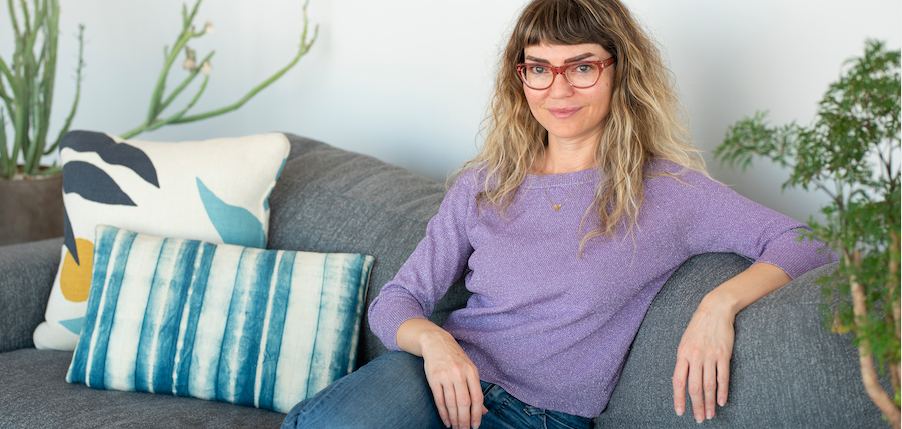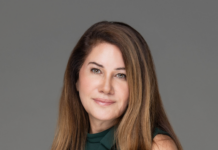The method of consuming very low, sub-perceptive dosages of a psychoactive substance, such as cannabis, lysergic acid diethylamide (LSD), or psilocybin-containing mushrooms, is known as microdosing. Microdosing has become increasingly popular, with books such as How To Change Your Mind and shows such as Nine Perfect Strangers bringing awareness and curiosity to a new generation.
Although there is very little research on microdosing in the published scientific literature, it has been reported that its use has increased in popularity. There have been little to no reports on adverse outcomes linked to microdosing, and the experiences of people with well-defined microdosing protocols have trended towards beneficial.
A Bad Trip
Although psychedelics seem to have many potential advantages and low physiological hazards, full-dose journeys can put individuals in a position where they are susceptible to significant psychological risk. People who have had at least one challenging experience (“bad trip”) with cannabis would rate their full-dose experiences as among the most psychologically difficult but ultimately beneficial and life-changing.
Microdosing Educator
Aya Allison is a transformational mindset coach and microdosing educator. She’s advancing exceptional mindsets through personal mental mastery. She is not about to be stopped by naysayers. Not when she has received emails from numerous people sharing their life-changing, entheogenic experiences. Currently working with top-level people, influencers, actors, and even entrepreneurs, she continually shares scientific research and personal testimonials regarding microdosing. Her particular area of expertise is Psilocybin microdosing.
Although microdsing is still contested–even within the entheogenic community–Aya strives to bring light to the hundreds of personal stories she has received, attesting to the life-changing and life-saving results of a microdosing protocol.
As she explains, “it would be like me holding a fire extinguisher and watching as you burned, if I kept these stories hidden. I believe the public has a right to hidden knowledge that has provided phenomenal benefits to so many people in crisis.”
The effects of psilocybin are different for each individual since they are contingent on many diverse factors, such as pharmaceutical usage and personal sensitivity.
Microdose or Macrodose?
Microdosing is often dismissed as a placebo in the entheogenic community. Those in this community argue that only significant dose experiences can create meaningful impact.
Yet many people do not have the luxury of adequately hiring a trip sitter and an integration coach to go through a high-dose experience. Also, many people are on SSRIs which can be limiting or contra-indicated when attempting to take large doses of entheogens. These factors become gatekeeping aspects for those who are desperately seeking help.
Through Quantified Citizen, Paul Stamets has been anonymously collecting data from thousands of people who are microdosing. His recent study—published in Nature’s Scientific Reports—indicates that adults with microdoses report lower levels of anxiety and depression than non-microdosers. Aya Allison has also received hundreds of personal success stories from microdosing with psilocybin. Incredible stories of long-term pharmaceutical users safely weaning off of meds, veterans overcoming PTSD—all through micro amounts of psilocybin over a few months—lives wholly transformed as a result of this process.
You can connect to Aya Allison on her Instagram page for more information.








